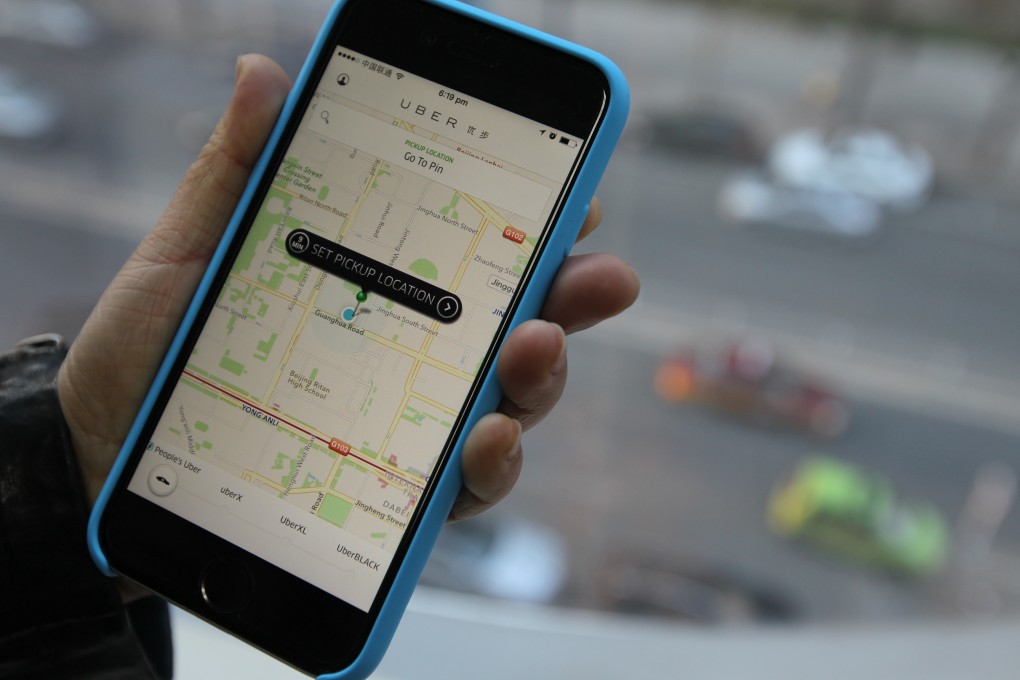
The situation for Uber in China is now dire.
- They are still quite small (+10 cities).
- Kuaidi and Didi, their two gigantic Chinese competitors, are merging (+350 cities).
- The government is now raiding / “visiting” Uber’s offices on almost a weekly basis.
Uber is now in the situation you never want to be in in China: a foreign company on the wrong side of both government and powerful local competitors. Ask Google and Yahoo how that worked out.
However, Uber can still win in China. They have one last move that could reverse the situation. Basically, they can do what Kuaidi and Didi won’t. They can ignore Jack Ma’s advice and marry the government.
Alibaba Chairman Jack Ma has famously said “Never, ever do business with government. Love them. Don’t marry them. So, we never do projects for government.” Coincidentally, Alibaba is a major investor in Kuaidi. Compare this to statements by Kuaidi’s CEO Joe Lee, who said “One thing we learned is if we want to grow fast, we need to make sure the government supports us. Because in China, they can stop you in one day — they shut down your server and you’re out.”
Kuaidi and Didi have succeeded in China by taking both bits of advice. They have effectively coordinated with the government to avoid confrontation and to get access to State assets (i.e., the taxis). That is what got their taxi hailing services to +350 cities, with a reported 6M riders per day. But, per Jack Ma, they have also been unwilling to partner or merge with local governments or taxi SOEs. So they are dating the government but they won’t marry.
Some examples of their “date but don’t marry” approach:
- Prior to launch, they coordinated with the government and state-owned taxi companies about their planned transportation services (taxi hailing vs private ride sharing vs licensed ride sharing).
- Upon launch, they ignored ride sharing and focused on free taxi hailing. Instead of competing with taxis, they helped drivers make more money. And while the taxi companies did lose some dispatch fees, they were not facing major new competitors. Overall, they did not enter as disruptors or competitors to the existing state-run system.
- In Shanghai, they even integrated their hailing services into the operations of the four major State-owned taxi companies. When a taxi driver accepts a Kuaidi hail, the light on the car (in theory) automatically switches to “Occupied”. Their apps actually hook into the local dispatch centres.
- However, when the Suzhou government banned all taxi-hailing apps that weren’t tied to the SOE dispatch companies (basically all private sector taxi apps), Didi exited that market. Kuaidi begrudgingly stayed and is working with the city’s “unified platform”. They are basically the back office for the local SOE’s own hailing system. This is the situation they don’t want: State-owned taxi hailing competitors.
Date-but-don’t-marry is a common strategy in highly political Chinese industries. You can see it in the banking, insurance, telecommunications, and energy industries in particular. And these strategies can be exceptionally profitable.